Clinical Research Training in Hyderabad
Are you in search of the clinical research institute in Hyderabad to uplift your career in the healthcare industry? Look for the medical research courses where CliniLaunch offers the change in your career game with placement services. Enroll for the program and you will be able to empower your skills in disease prognosis and methods that will help you develop diagnoses or treatments.
In terms of clinical research, Hyderabad City is known to be the “Vaccine Hub of India.” As Hyderabad is the home of different leading vaccine procedures, it is the center for clinical trial courses in healthcare. Hyderabad boasts itself as a home city to many contract research organizations, pharmaceutical companies, information technologies, healthcare organizations, and hospital settings. Get to have hands-on learning experience and boost your knowledge and skills in clinical research with quality training at CliniLaunch.
In Partnership with


100%
Placement Assistance
IBM
Certification
1:1
Mentorship
Flexible
Training Modes
Benefits of Clinical Research Certificate in Hyderabad
Accelerate your career in the healthcare domain with top-tier clinical research classes online. Master the evaluation process of healthcare products and gather essential evidence for drug safety with the clinical trial courses offered by CliniLaunch.
Career Opportunities with
Certification in Clinical Research Hyderabad
Clinical Research Coordinator
Clinical Research Coordinator
Coordinates patient visits, manages documentation, and ensures smooth site trial execution.
Clinical Research Associate (CRA)
Clinical Research Associate (CRA)
Monitors trial sites, verifies data, and ensures protocol-compliant study conduct.
Clinical Research Scientist
Clinical Research Scientist
Designs studies, analyzes data, and supports evidence-based clinical research decisions.
Regulatory Affairs Specialist
Regulatory Affairs Specialist
Manages regulatory submissions, tracks approvals, and ensures compliance with global regulations.
Medical Writer
Medical Writer
Manages regulatory submissions, tracks approvals, and ensures compliance with global regulations.
Data Analyst / Biostatistician
Data Analyst / Biostatistician
Analyzes clinical data, applies statistical methods, and supports evidence-based decisions.
IQVIA, Parexel, ICON, Covance, Syneos Health, Quintiles, PPD
Accreditation and Recognition from Top Industry Bodies

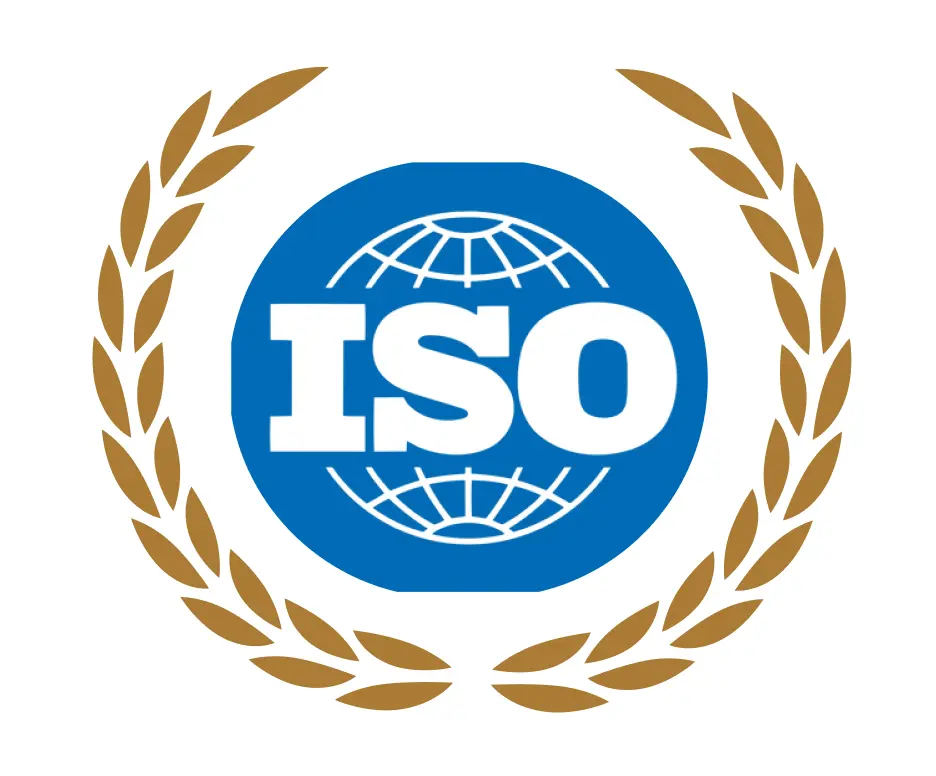



Program Eligibility
Applicants must hold a Bachelor’s or Master’s degree in Life Sciences, Pharmacy, Medicine, or Nursing.
Program Curriculum
Comprehensive modules designed by industry experts. A perfect blend of technical expertise and professional etiquette.
Core Technical Modules
Country standard clinical research topics
Clinical Research
This module focuses on the fundamentals of clinical research and explains how clinical trials are designed, conducted, and monitored in accordance with ethical and regulatory standards.
What You'll Learn:
- Phases of clinical trials and study designs
- Roles and responsibilities in clinical research
- Trial planning, execution, and monitoring basics
- Clinical research documentation and coordination
Corporate Etiquette & Communicative English Training
Essential soft skills for clinical research professionals
Corporate Etiquette & Soft Skill Training
Build essential workplace skills required to succeed in the clinical research industry. This module focuses on professional behavior, communication, and collaboration in corporate environments.
What You'll Learn:
- Professional communication and email etiquette
- Workplace behavior and ethics
- Team collaboration and interpersonal skills
- Time management and professional conduct
Program Curriculum
Comprehensive modules designed by industry experts. A perfect blend of technical expertise and professional etiquette.
Technical Training
This module focuses on the fundamentals of clinical research and explains how clinical trials are designed, conducted, and monitored in accordance with ethical and regulatory standards.
Course Overview:
Learn how drug safety is monitored throughout and after clinical trials. This module focuses on detecting, assessing, and preventing adverse drug reactions to ensure patient safety and regulatory compliance.
Course Overview:
Understand how clinical trial data is collected, validated, and maintained with accuracy and integrity. This module introduces the data flow in clinical trials and the importance of quality data in decision-making.
Course Overview:
Develop the skills required to create clear, compliant, and scientifically accurate clinical documents. This module introduces regulatory and research-focused writing used throughout clinical trials.
Course Overview:
Learn how clinical trials and pharmaceuticals are governed by regulatory authorities. This module explains how regulations ensure patient safety, data credibility, and global compliance.
Course Overview:
Non-Technical Training
Build essential workplace skills required to succeed in the clinical research industry. This module focuses on professional behavior, communication, and collaboration in corporate environments.
Course Overview:
Strengthen your logical, analytical, and problem-solving abilities to enhance employability and interview readiness in the clinical research domain.
Course Overview:
IBM Integrated Innovation Programs
We offer industry-recognized programs in partnership with IBM. Delivered through the IBM LMS, these modules equip learners with enterprise-grade expertise in clinical research.
IBM Course Name
Guided Lab
Project management fundamentals
Improving Performance with Indexes in MongoDB
Network and data base security fundamentals
Using an HTTP API to create and query IBM cloudant databases.
NoSQL and DBaaS 101
Using the CQL shell to execute keyspace operations in cassandra.
Modes of Training Delivery for Advanced Diploma in Clinical Research
We offer Advanced Diploma in Clinical Research online training, offline training, and hybrid training. Learners get access to IBM modules through dedicated LMS from IBM Skills Network.
Online Learning
- Live interactive virtual sessions
- Flexible learning from any location
- Recorded lectures for revision
- Real-time mentor Q&A support
- LMS access for assignments and resources
Classroom - Based
- Direct interaction with expert faculty
- Immediate clarification of complex topics
- Guided, instructor-led learning experience
- Strong peer and group engagement
- Real-time mentoring and feedback
Hybrid Training
- Learn theory online, apply it in class
- Get real-time feedback from mentors
- Maintain flexibility without missing interaction
- Ideal balance of convenience and personal guidance
- Build stronger retention through blended learning
IBM Self-Learning
- Access to modules designed by IBM
- Industry-grade tech content
- Learn enterprise tools at your pace
- Get globally recognized credentials
The CliniLaunch Placement Mentorship Program
At CliniLaunch, we see every learner as a future professional in the making. Our Placement Mentorship Program is built to personally guide, nurture, and mould them through every stage of their journey — mentoring each student into a confident, capable professional ready to build a successful career in clinical research.
Assess Your Knowledge & Prepare for Interviews
Learners work closely with trainers to assess their understanding of core concepts and identify improvement areas. Through structured evaluations, mock interviews, and guided practice, they strengthen technical clarity, communication skills, and confidence to perform effectively in technical and HR interviews.
Key Support

Understand Career Roles and Develop Your Profile
In this phase, learners gain clarity on the placement process, career roles, eligibility criteria, and hiring expectations. With trainer guidance, they refine role-specific resumes and LinkedIn profiles, ensuring they are professionally positioned for suitable clinical research opportunities.
Key Support

Apply for Roles and Attend Interviews
In this phase, learners move from preparation to real job opportunities. The Placement Team maps profiles to suitable roles, prepares learners for specific interviews, coordinates with employers, and provides continuous guidance and feedback until successful placement.
Key Support

Our Strategic Partners



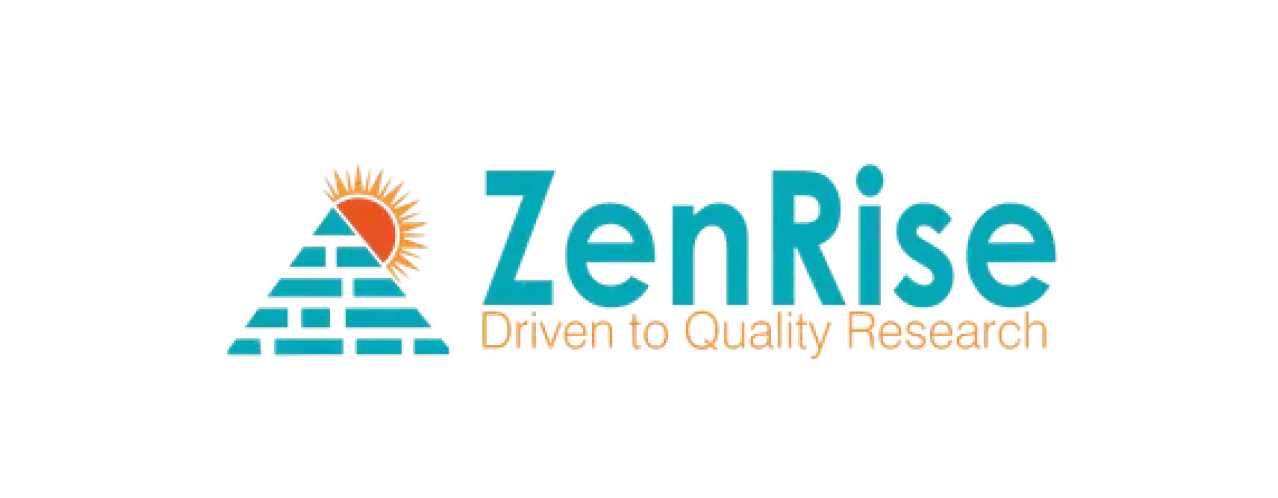

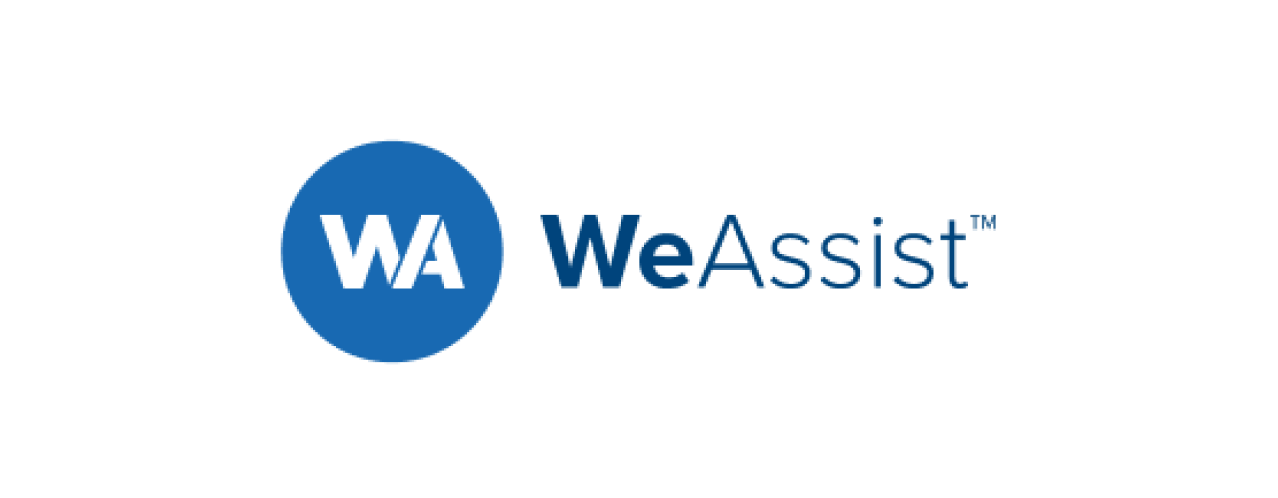


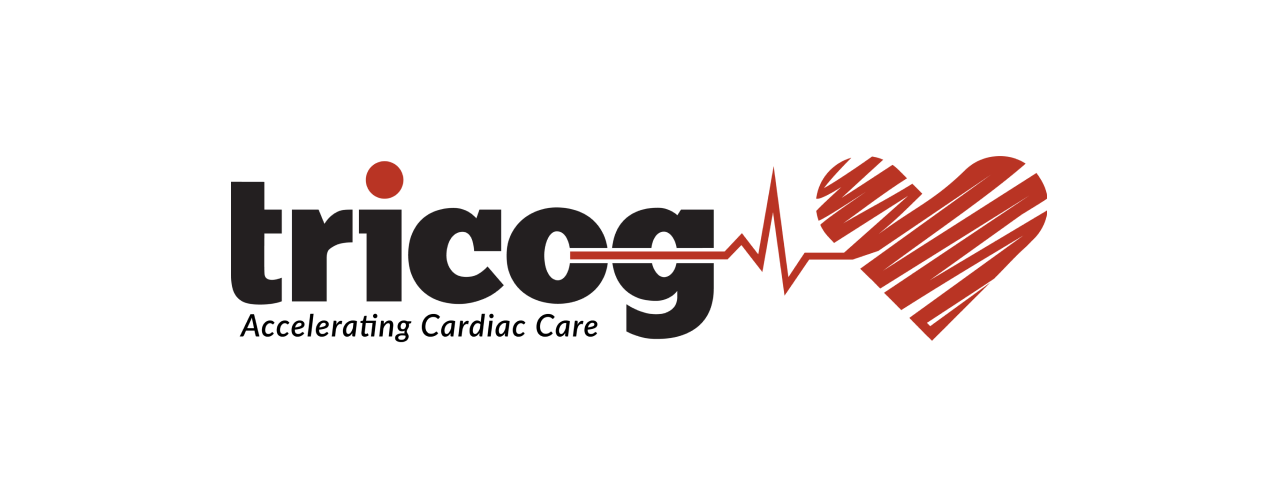

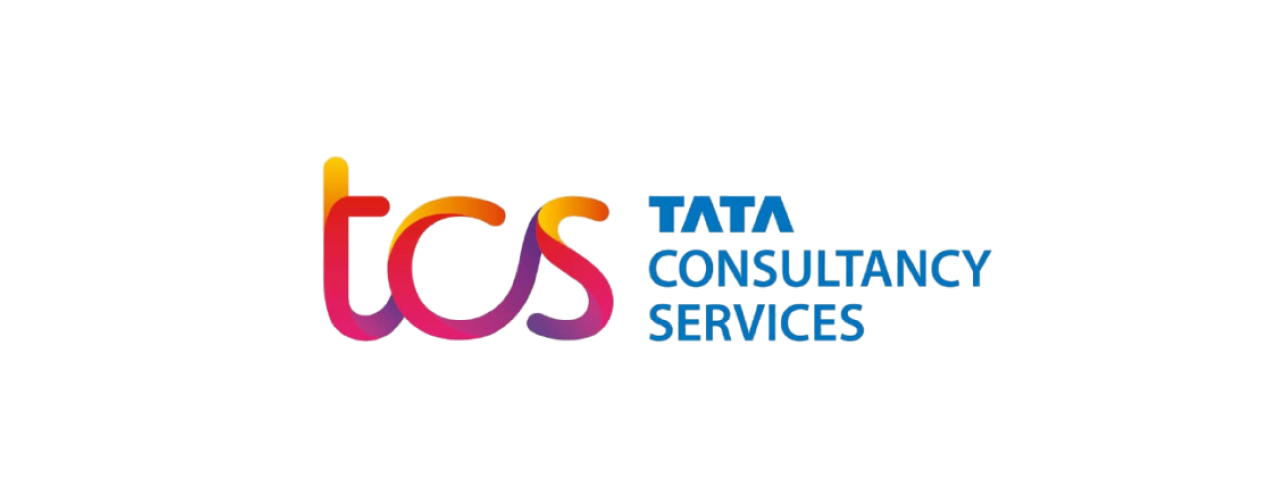
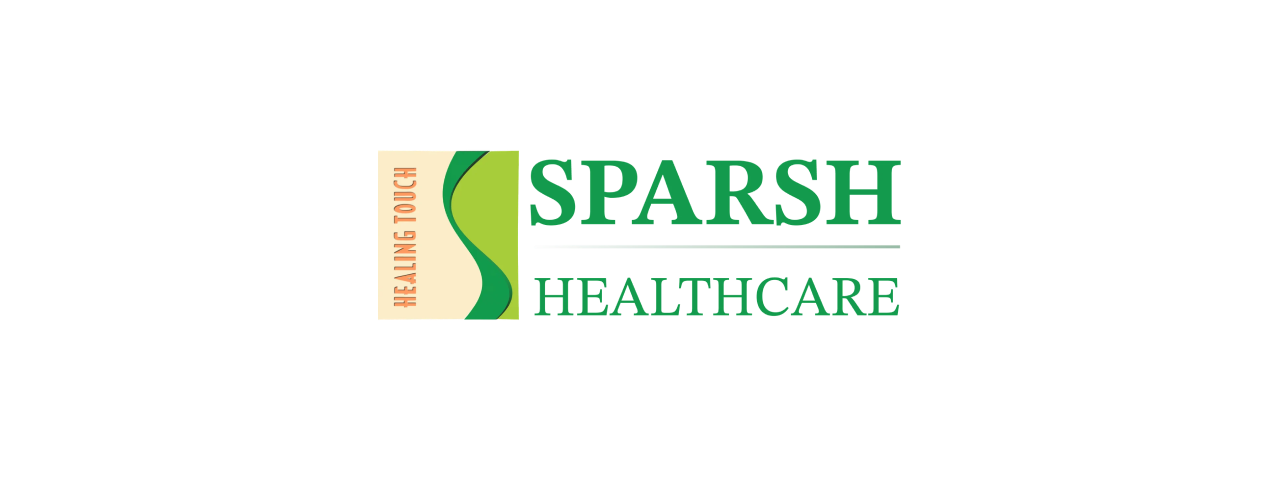
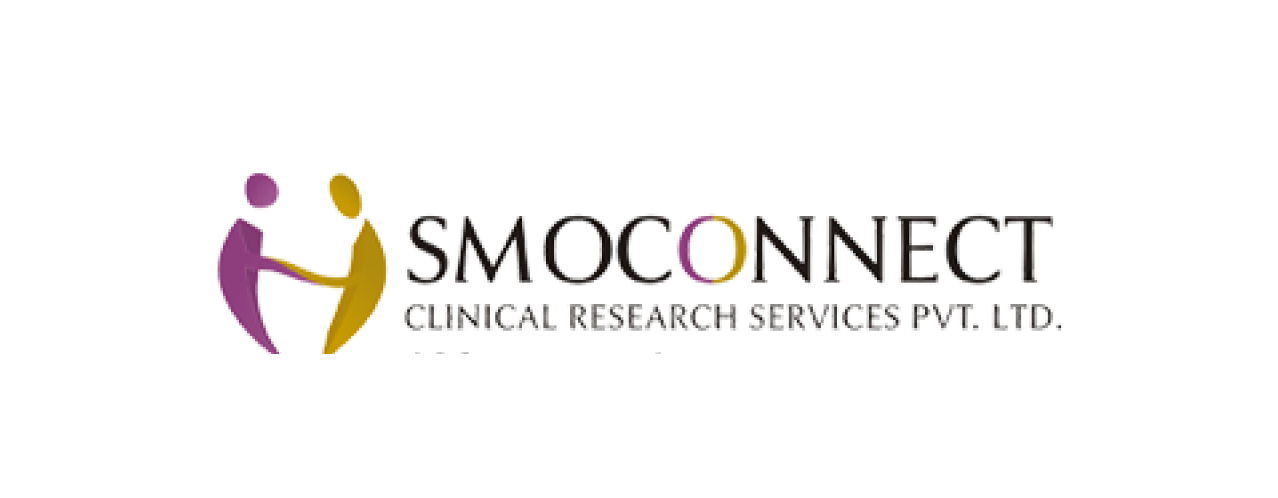


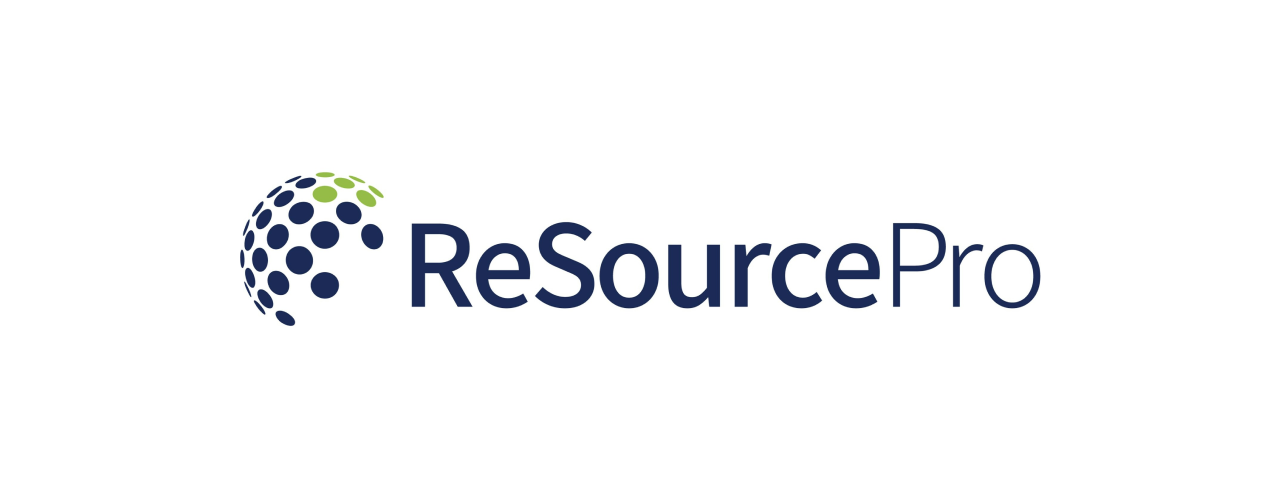


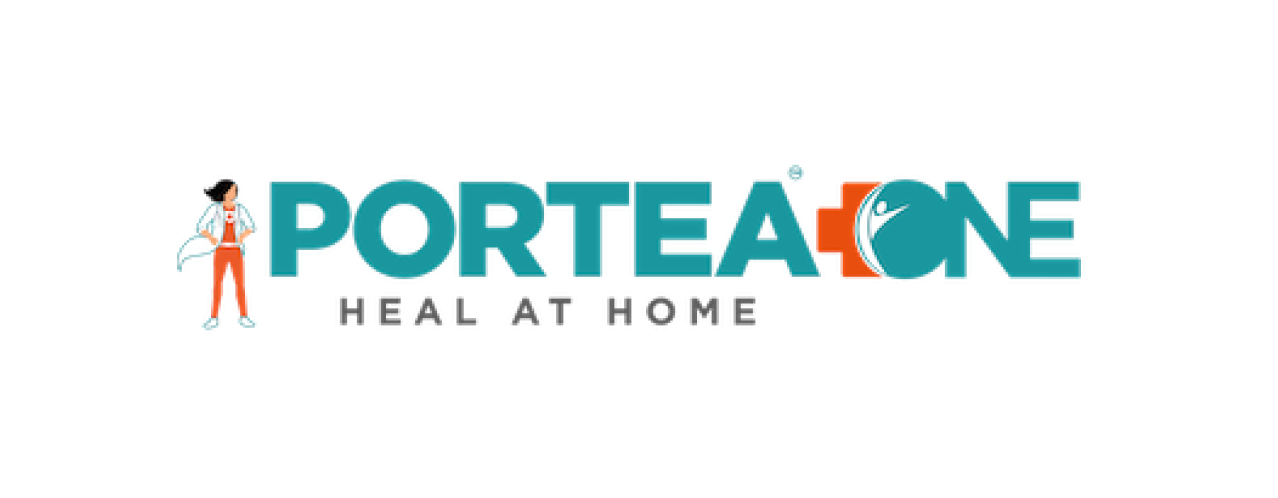
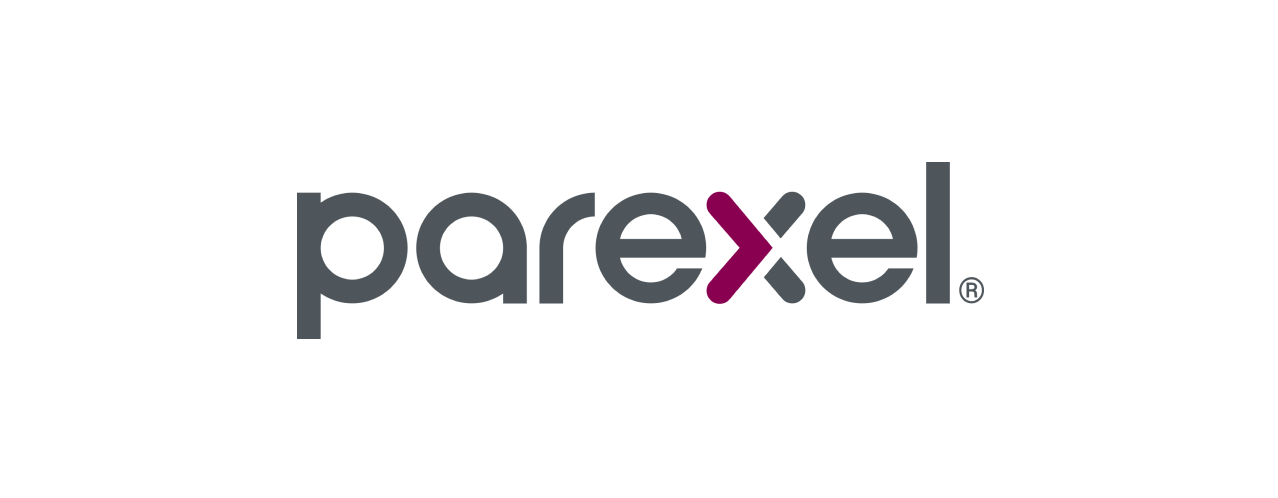

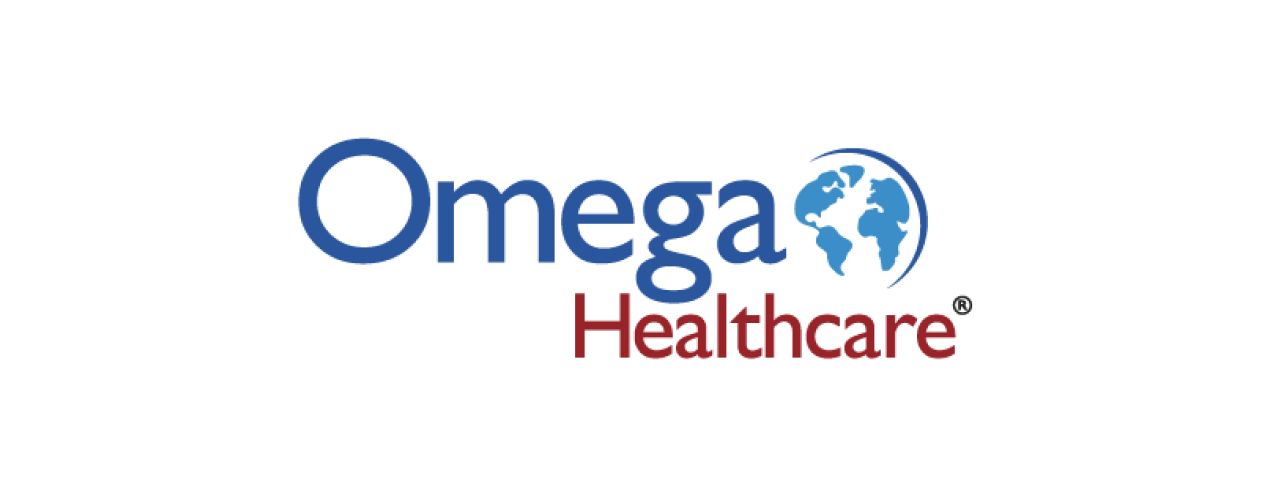

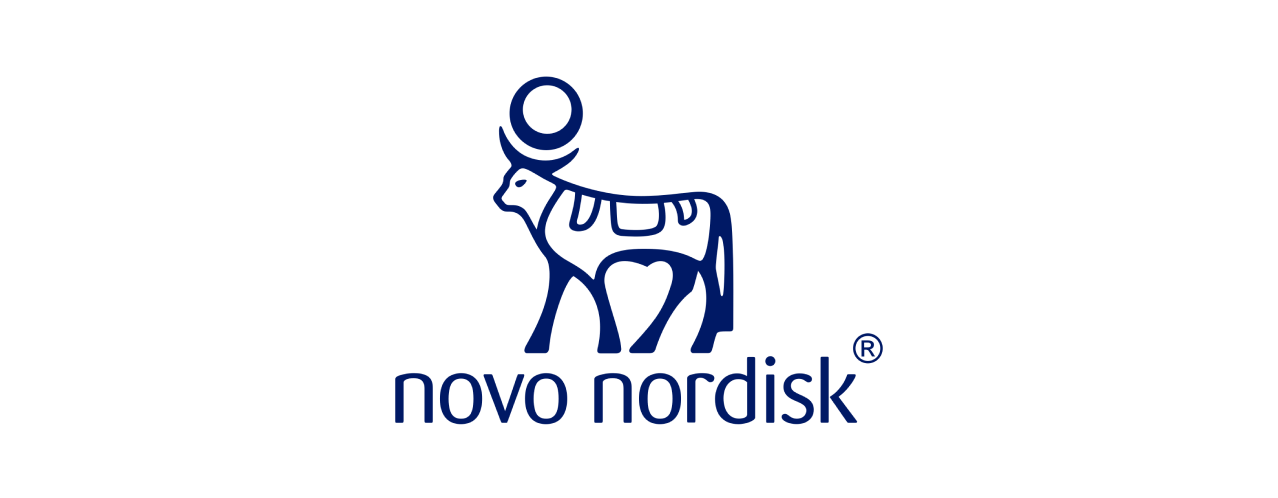




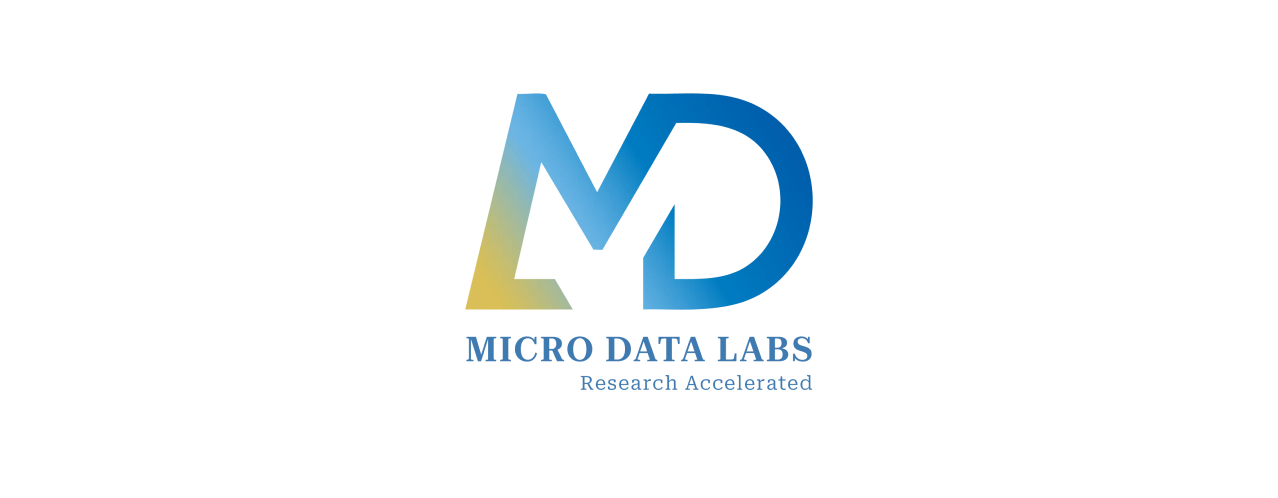









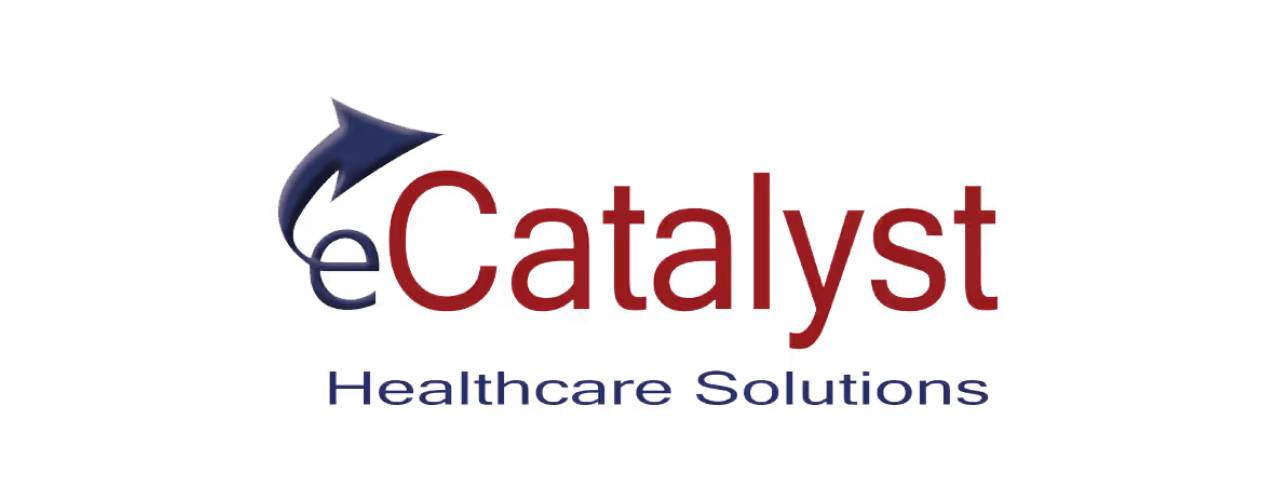


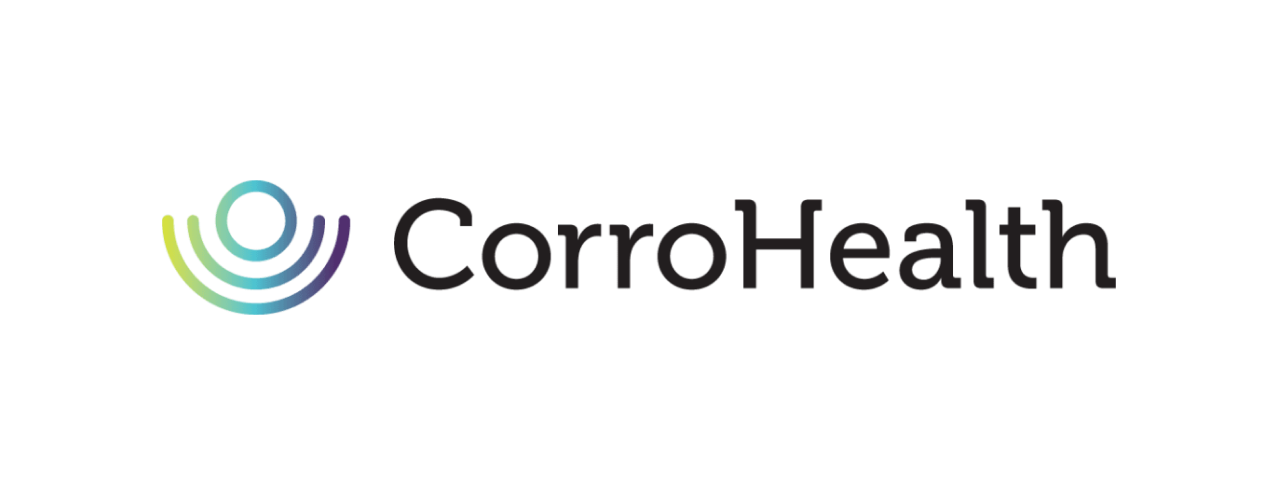

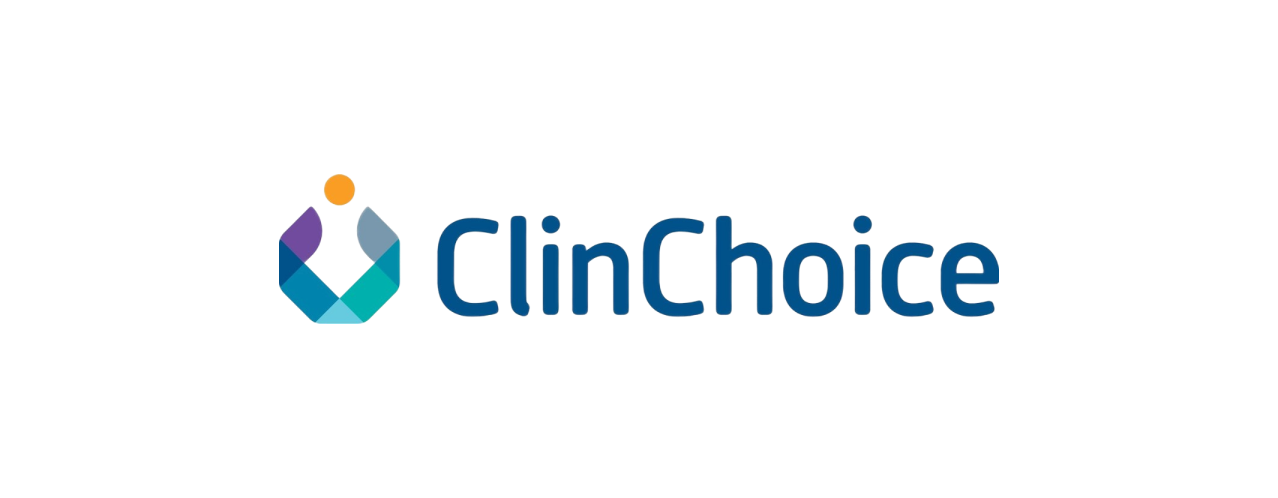
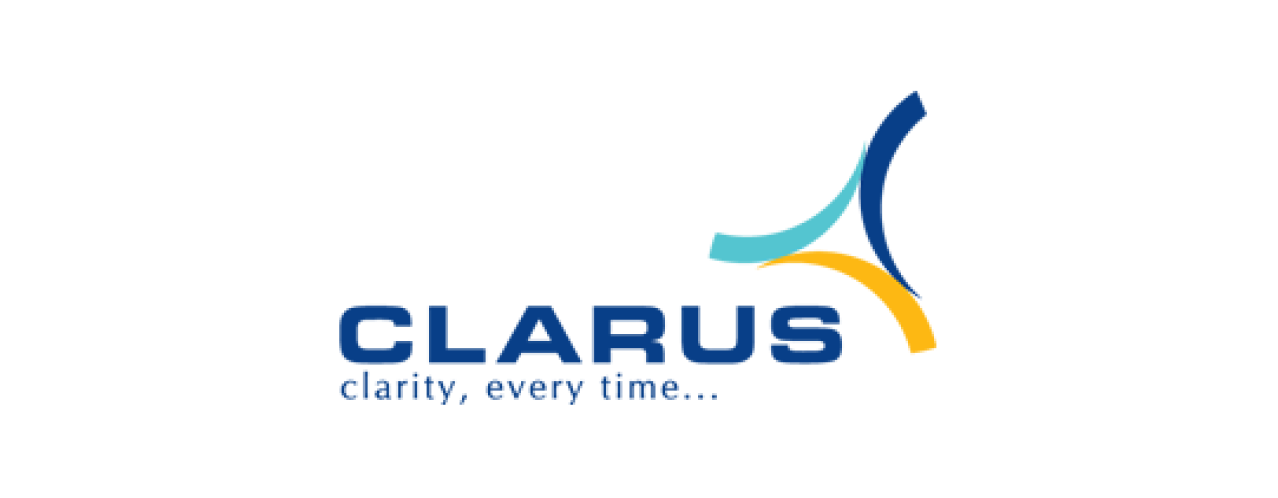

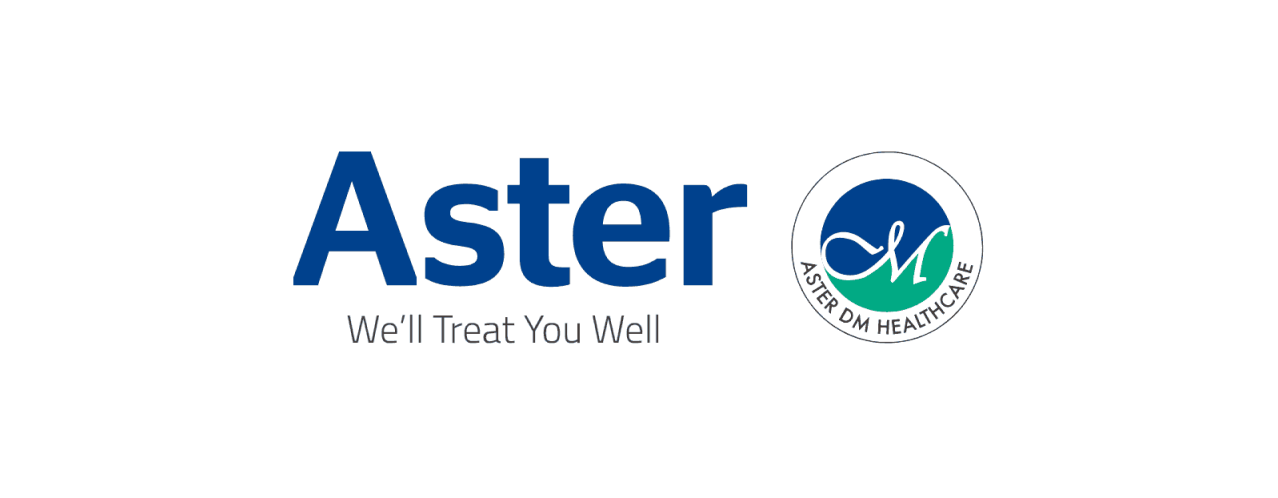
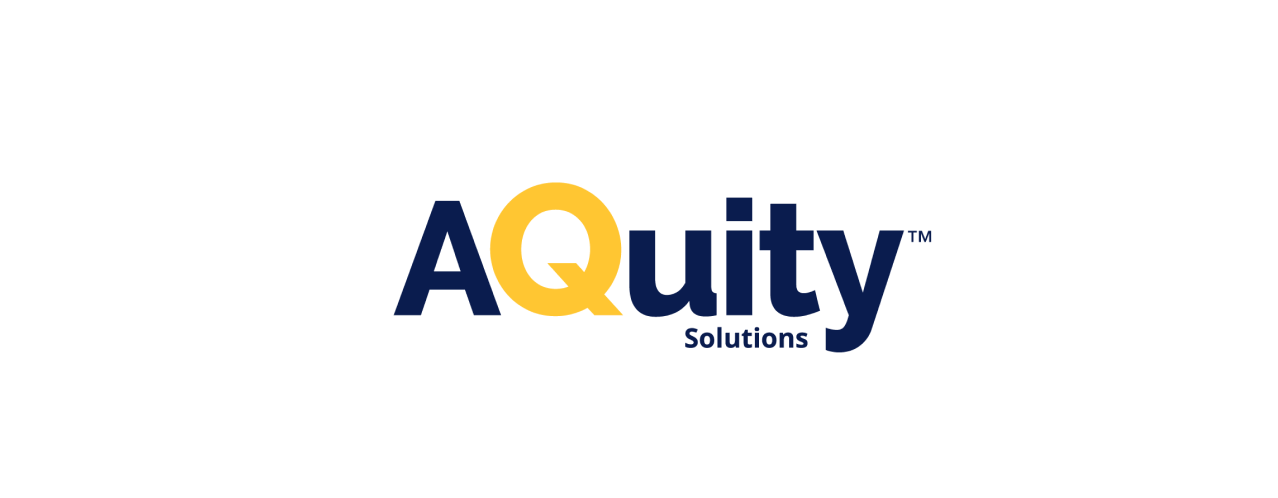






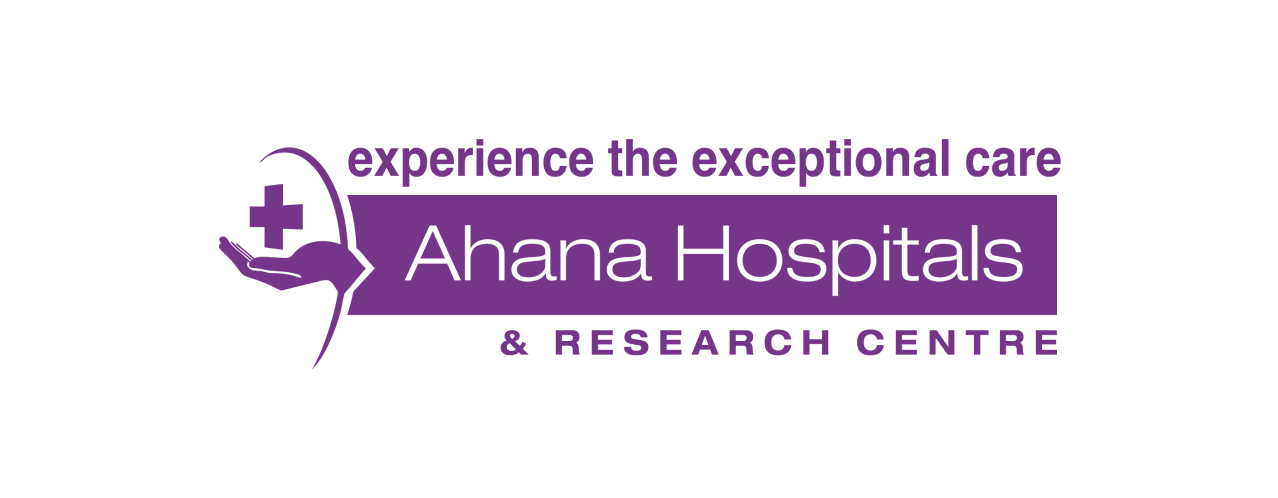
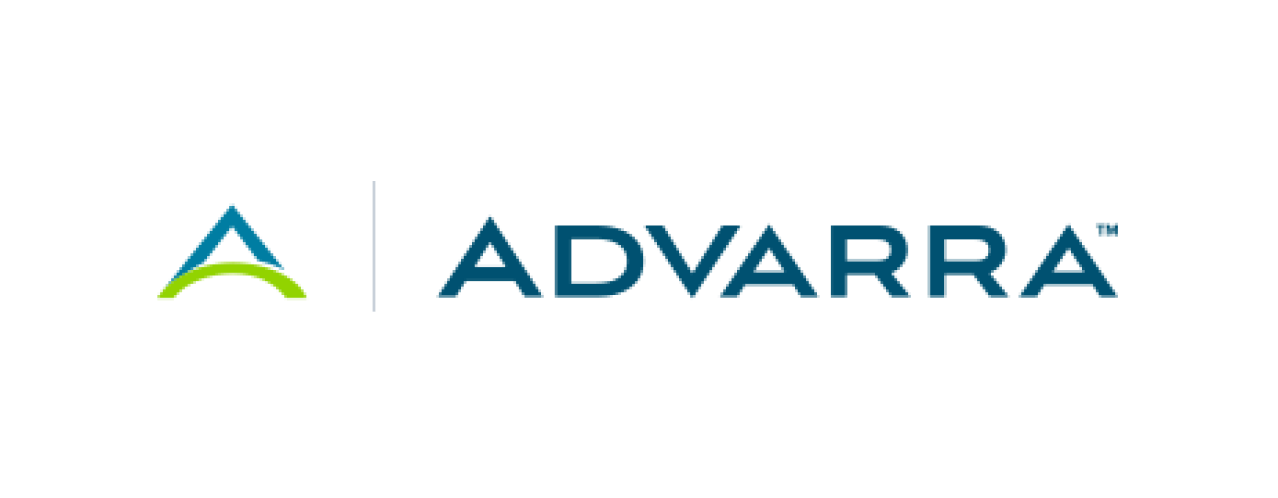
























































Everything That You Get
by Enrolling in Advanced Diploma in Clinical Research Course
We’ve built this program with one goal — to guide, support, and uplift you at every stage of your career journey. From the first class to your first placement and beyond, every component has been created with your growth, confidence, and success in mind.

0% Interest Loans

100% Placement Assistance

Collaborative Learning through Teamwork

Globally Recognized Certificates

Cross skilling by domain
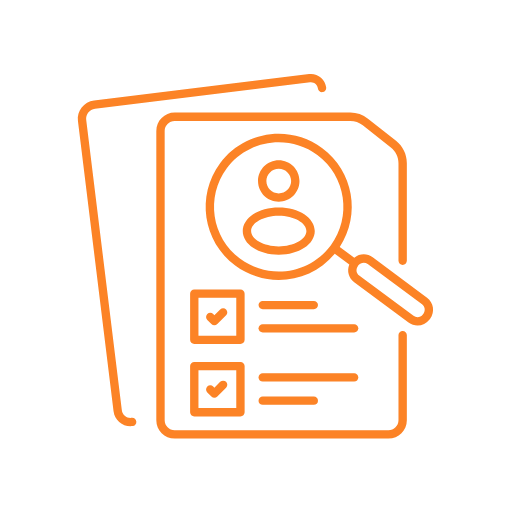
Curated Job Oppurtunities

Expert Career Guidance

Flexible Learning

Global Accreditations

Hands on Project

IBM Program Partner

Industry Expert Sessions

Global Outreach

Industry Leaders Council
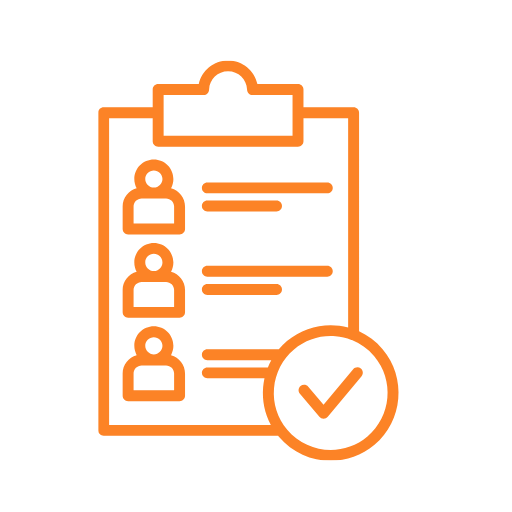
Industry through requirement drives

Internship programs

Mock Interview

Multilingual Learning Support

Placement Mentorship

Placement scorecards

Regional Presence in South India

Resume Preparation Guidance

Retraining sessions

Student centric & employability first approach
Meet Your Faculty with Industry Expertise
Behind every CliniLaunch learner stands a team of experienced professionals who've lived the industry first-hand. Our faculty members bring years of real-world expertise across clinical research, pharmacovigilance, data management, and regulatory affairs, ensuring that every concept taught is grounded in current industry practice.

Ahana

Pavan

Archana Tanwar
Get Certified and Showcase Your Industry Readiness
Successfully completing the Advanced Diploma in Clinical Research will earn you a globally recognized certification, demonstrating your mastery of the latest industry skills and tools. Add this credential to your LinkedIn profile and resume or CV.
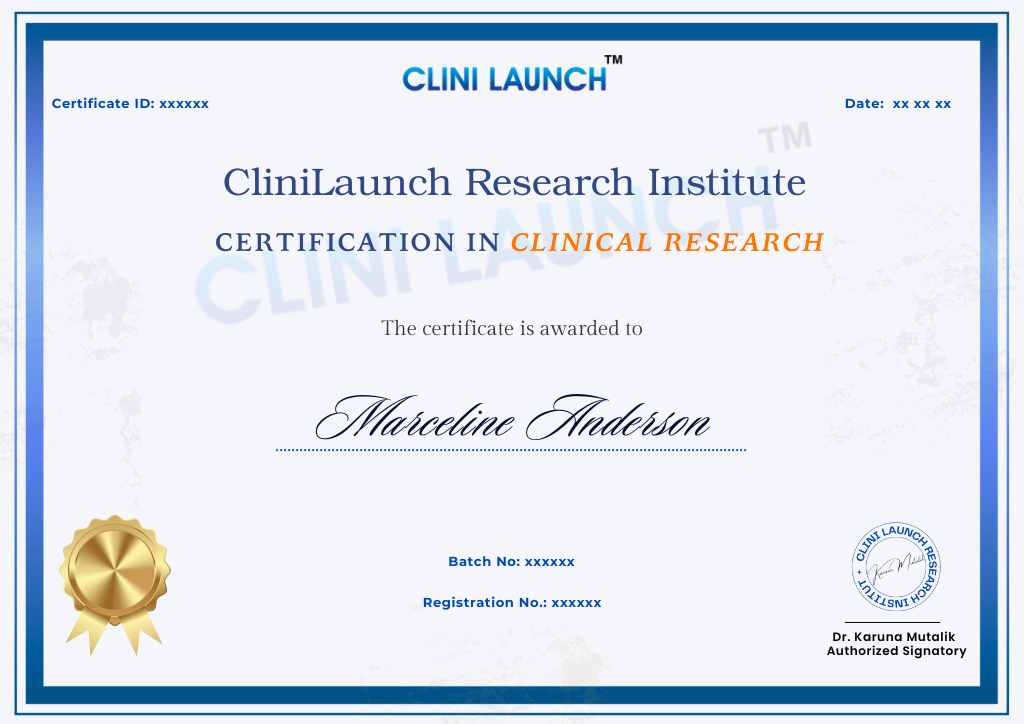
Benefits of Learning from CliniLaunch Research Institute
|
CliniLaunch Research Institute
|
Non - Accredited Institute
|
|
|---|---|---|
Accredited Institution |
CliniLaunch is an accredited institution, enhancing the credibility of the certificate. Global recognition ensures better career prospects and industry acceptance. |
Lack of accreditation may limit recognition of the certificate in the industry. Employers may question the credibility of the course from non-accredited institutes. |
Expert Faculty |
Learn from experienced industry professionals and renowned faculty. Access to high-quality teaching materials and personalized guidance. |
Courses from other institutes may lack experienced industry professionals as faculty. Quality of teaching may be compromised, affecting the learning experience. |
Diverse Career Opportunities |
Graduates gain access to a wide range of career options in clinical research and healthcare sectors. Comprehensive placement assistance ensures better job prospects and career growth. |
Graduates may face challenges in accessing a diverse range of career opportunities. Placement assistance may not be provided, making it harder to secure job placements. |
Flexible Learning Options |
CliniLaunch offers flexible learning modes, including online and offline options. Students can choose learning schedules that suit their needs and commitments. |
Other courses may offer rigid learning structures with limited flexibility in learning modes. Limited access to online resources and interactive sessions may hinder the learning process. |
Networking and Support |
Students benefit from networking opportunities with industry experts and fellow professionals. Access to exclusive events and a supportive community enhances learning experience and career advancement. |
Students may miss out on networking opportunities with industry professionals. Limited access to exclusive events and networking platforms may hinder career growth. |
Clinical Research Course in Hyderabad - FAQs
Everything you need to know about the course and admissions.
Good clinical practices known for their international ethical and scientific quality standard for designing, conducting, recording, and reporting clinical trials involving human subjects. It ensures the safety, rights, and well-being of participants while also guaranteeing the credibility and reliability of the trial data. Learning about GOOD CLINICAL PRACTICE involves understanding ethical principles, data integrity, and the responsibilities of those individuals in clinical trials.
A good clinical practices in Hyderabad is suitable for a wide range of professionals involved in or seeking to enter the clinical research field. With Clini Launch, Clinical Research Course with good clinical practices include background in health science backgrounds, experienced clinical research professionals, and even individuals from other fields with good analytical skills.
Good clinical practices in clinical research course encompasses diverse aspects of clinical trial conduct to ensure scientific validity, ethical protection, and data integrity. Key areas of good clinical practice include ethical conduct, protocol adherence, risk assessment, informed consent, qualified personnel, data quality, and record keeping. Find the key areas where good clinical practices required for clinical research: Ethical Conduct Adherence to ethical principles like respect, beneficence, and justice. Compliance with the declaration of Helsinki and other relevant regulations. Prioritizing the rights, safety, and well-being of participants over scientific or societal interests. Protocol Adherence Conducting studies according to a clear, scientifically sound, and detailed protocol. Ensuring that all trial activities strictly adhere to the approved protocol. Risk Assessment Thoroughly assessing and justifying the risks associated with the clinical trial. Ensuring that the benefits of the trial outweigh the risks to participants. Informed Consent Obtaining voluntary and informed consent from participants after they understand all aspects of the trial. Ensuring that participants are well-informed about the trial, potential risks, benefits and their rights. Quality Personnel Ensuring that investigators and staff are qualified by education, training, and experience to perform their risks.
To choose the right good clinical practice for your needs, understand that good clinical practice is a set of ethical and scientific standards for designing, conducting, and recording clinical trials. It is not a single guideline, but a framework that ensures the protection of human subjects and the accuracy of clinical trial data. To select the appropriate good clinical practice, consider the specific requirements of your study. It includes the type of research, the regulatory environment, and the potential risks involved.
Good clinical practice (GOOD CLINICAL PRACTICE) guidelines provide numerous benefits, primarily focusing on the safety and rights of trial participants, ensuring the integrity of research findings, and promoting ethical conduct. Key benefits include safeguarding participant well-being, adhering to ethical standards, and generating reliable data. Here’s a more detailed breakdown of the key benefits: Protecting Participants’ Rights and Well-being: GOOD CLINICAL PRACTICE ensures that participants are fully informed about the study, allowing them to make educated decisions about participation. It prioritizes the safety and well-being of participants, minimizing risks and ensuring they are treated with respect and dignity. GOOD CLINICAL PRACTICE guidelines also emphasize the need for proper informed consent and confidentiality. Enhancing Research Quality and Scientific Rigor: GOOD CLINICAL PRACTICE requires researchers to adhere to ethical principles, ensuring that the rights, safety, and well-being of participants are always protected. It promotes compliance with regulatory standards, ensuring that clinical trials are conducted in accordance with applicable laws and guidelines. GOOD CLINICAL PRACTICE helps to build trust in the research community and with the public by demonstrating a commitment to ethical and scientific integrity. Supporting Regulatory Compliance and Approvals: GOOD CLINICAL PRACTICE compliance is often a requirement for regulatory agencies, such as the FDA, to approve clinical trials. By adhering to GOOD CLINICAL PRACTICE guidelines, researchers can streamline the process of obtaining regulatory approvals and ensure that their trials meet the necessary standards. GOOD CLINICAL PRACTICE also helps to ensure that trial data is accurate and complete, which is essential for regulatory submissions. Improving Patient Outcomes and Advancing Medical Knowledge: By ensuring that clinical trials are conducted ethically and scientifically sound, GOOD CLINICAL PRACTICE contributes to the development of safe and effective treatments. It helps to advance medical knowledge and improve patient outcomes by providing reliable and trustworthy evidence-based information. GOOD CLINICAL PRACTICE also plays a role in identifying and addressing potential risks associated with new treatments, further improving patient safety. To choose the right good clinical practice for your needs, understand that good clinical practice is a set of ethical and scientific standards for designing, conducting, and recording clinical trials. It is not a single guideline, but a framework that ensures the protection of human subjects and the accuracy of clinical trial data. To select the appropriate good clinical practice, consider the specific requirements of your study. It includes the type of research, the regulatory environment, and the potential risks involved.
Attending a reputable clinical research certificate program online offers you numerous advantages for individuals seeking a career in clinical research. These benefits often include gaining in-depth knowledge of good clinical practices, understanding the regulatory body governing clinical trials, developing essential skills in data management and analysis, learning about ethical considerations in research, and acquiring practical insights into various phases of clinical trials. Such training significantly enhances employability and prepares individuals for diverse roles within the clinical research ecosystem.
Attending a reputable clinical research certificate program online offers you numerous advantages for individuals seeking a career in clinical research. These benefits often include gaining in-depth knowledge of good clinical practices, understanding the regulatory body governing clinical trials, developing essential skills in data management and analysis, learning about ethical considerations in research, and acquiring practical insights into various phases of clinical trials. Such training significantly enhances employability and prepares individuals for diverse roles within the clinical research ecosystem.
Good clinical practices in clinical research course encompasses diverse aspects of clinical trial conduct to ensure scientific validity, ethical protection, and data integrity. Key areas of good clinical practice include ethical conduct, protocol adherence, risk assessment, informed consent, qualified personnel, data quality, and record keeping. Find the key areas where good clinical practices required for clinical research: Ethical Conduct Adherence to ethical principles like respect, beneficence, and justice. Compliance with the declaration of Helsinki and other relevant regulations. Prioritizing the rights, safety, and well-being of participants over scientific or societal interests. Protocol Adherence Conducting studies according to a clear, scientifically sound, and detailed protocol. Ensuring that all trial activities strictly adhere to the approved protocol. Risk Assessment Thoroughly assessing and justifying the risks associated with the clinical trial. Ensuring that the benefits of the trial outweigh the risks to participants. Informed Consent Obtaining voluntary and informed consent from participants after they understand all aspects of the trial. Ensuring that participants are well-informed about the trial, potential risks, benefits and their rights. Quality Personnel Ensuring that investigators and staff are qualified by education, training, and experience to perform their risks.
Completing a program at nationally and internationally recognized clinical research training institute equips you with the specialized skills and knowledge highly valued by pharmaceutical companies, contract research organizations (CROs), hospitals, and other healthcare institutions involved in research. This training can open doors to various roles such as clinical research associates (CRAs), clinical data managers, regulatory affairs specialists, pharmacovigilance associates, and clinical trial managers, leading to significant career advancement opportunities within the dynamic field of clinical research.
Clini Launch is an IAO, IAF, BRIT Qualis, NSDC, EBVTR accredited institution dedicated to train and guide aspiring clinical research professionals like you. With the right understanding of various career paths to bring the options that aligns with your career goals and objectives. Visit: www.clinilaunchresearch.in and learn how we can assist you in taking the first step towards a successful career in clinical research.
Enrolling in a quality clinical research training institute will help you develop a range of crucial skills essential for success in clinical research. These often include strong understanding of research methodologies, proficiency in data collection and management, adherence to ethical guidelines and regulatory requirements, effective communication and teamwork abilities, attention to detail, problem-solving skills, and the ability to work in a fast-paced and regulated environment. These skills are highly transferable and valuable across various roles within the clinical research sector. If you’re looking for a pathway to acquire these skills, explore how CliniLaunch can guide you towards the right training programs.
Once you complete the PG diploma clinical research and pharmacovigilance course in Hyderabad opens doors to a variety of rewarding career paths within the pharmaceutical, biotechnology, and healthcare industries. Graduates can pursue roles such as Clinical Research Associate (CRA), Pharmacovigilance Associate, Clinical Data Manager, Regulatory Affairs Associate, Clinical Trial Coordinator, and Research Analyst. The skills gained through a PG Diploma in Clinical Research and Pharmacovigilance Course in Hyderabad are highly sought after in organizations involved in drug development, post market surveillance, and ensuring patient safety.
A comprehensive PG diploma in clinical research and pharmacovigilance typically covers fundamental aspects of clinical trials, including study design, protocol development, ethical considerations (GOOD CLINICAL PRACTICE), regulatory guidelines, data management, and statistical analysis. The pharmacovigilance component focuses on drug safety monitoring, adverse event reporting, signal detection, risk management, and pharmacovigilance regulations. A PG diploma in clinical research and pharmacovigilance course in Hyderabad aims to equip students with a strong theoretical foundation and practical insights into both these critical areas.
If you have a background in life sciences, pharmacy, medicine, nursing, or related healthcare disciplines often find a PG Diploma in clinical research and pharmacovigilance to be a valuable qualification. Professionals looking to transition into the pharmaceutical or clinical research sectors, as well as those seeking to enhance their understanding of drug development and safety monitoring, can benefit greatly from this program. A strong interest in scientific research, attention to detail, and good analytical skills are beneficial for success in a PG diploma in Clinical research and pharmacovigilance.
Professionals with a PG diploma in clinical research and pharmacovigilance play a crucial role in advancing healthcare. Your expertise in conducting ethical and scientifically sound clinical trials helps in the development of new and effective treatments. Furthermore, your knowledge in pharmacovigilance ensures the continuous monitoring of drug safety, leading to the early detection and management of potential risk, ultimately safeguarding patient well-being. The skills acquired through a PG Diploma in Clinical Research and pharmacovigilance are vital for maintaining the integrity and safety of pharmaceutical products in the market.
Professionals with a PG diploma in clinical research and pharmacovigilance play a crucial role in advancing healthcare. Your expertise in conducting ethical and scientifically sound clinical trials helps in the development of new and effective treatments. Furthermore, your knowledge in pharmacovigilance ensures the continuous monitoring of drug safety, leading to the early detection and management of potential risk, ultimately safeguarding patient well-being. The skills acquired through a PG Diploma in Clinical Research and pharmacovigilance are vital for maintaining the integrity and safety of pharmaceutical products in the market.
The practical application of pharmacovigilance involves a multi-faceted approach. Healthcare professionals, patients, and pharmaceutical companies play vital roles in reporting suspected adverse drug reactions. These reports are then collected, analyzed, and evaluated by regulatory authorities and pharmaceutical organizations. Pharmacovigilance systems utilize various methods, including the review of clinical trial data, post-marketing surveillance studies, and signal detection processes, to identify new safety concerns or changes in the risk-benefit profile of medications. This ongoing monitoring ensures that the benefits of a medicine continue to outweigh its risks.
The practical application of pharmacovigilance involves a multi-faceted approach. Healthcare professionals, patients, and pharmaceutical companies play vital roles in reporting suspected adverse drug reactions. These reports are then collected, analyzed, and evaluated by regulatory authorities and pharmaceutical organizations. Pharmacovigilance systems utilize various methods, including the review of clinical trial data, post-marketing surveillance studies, and signal detection processes, to identify new safety concerns or changes in the risk-benefit profile of medications. This ongoing monitoring ensures that the benefits of a medicine continue to outweigh its risks.
Effective pharmacovigilance requires collaboration among various stakeholders. This includes patients and their caregivers who report any unexpected reactions to medications. Healthcare professionals, such as doctors, nurses, and pharmacists, are also key in identifying and reporting adverse events. Pharmaceutical companies have dedicated pharmacovigilance departments responsible for collecting, assessing, and reporting safety information about their products. Finally, regulatory authorities worldwide play a crucial role in setting standards, reviewing safety data, and taking necessary actions, such as issuing warnings or withdrawing unsafe products from the market.
Pharmacovigilance systems collect a wide range of information related to the use of medicines. This includes details about suspected adverse drug reactions, such as the specific symptoms experienced, the name of the drug, the dosage, the patient’s medical history, and any other medications they are taking. Information about lack of expected therapeutic effect, medication errors, and off-label use those results in harm is also crucial for pharmacovigilance. Analyzing this data helps identify patterns, assess the causality between the drug and the event, and understand the overall safety profile of the medication.
The primary benefit of pharmacovigilance is enhanced patient safety. By continuously monitoring the safety of medicines, potential risks can be identified early, leading to timely warnings, changes in prescribing information, or even the withdrawal of unsafe drugs. This proactive approach minimizes the likelihood of patients experiencing preventable harm. Furthermore, pharmacovigilance contributes to public health by ensuring that the medicines available on the market are as safe and effective as possible, fostering trust in the healthcare system and promoting better health outcomes for the entire population.
This encompasses the systematic investigation of new treatments, diagnostic tools, and preventive measures in humans to evaluate their safety and efficacy. Clinical research and clinical data management is a critical aspect of this process, focusing on the collection, cleaning, storage, and analysis of data generated during clinical trials. Effective clinical research and clinical data management course near me ensures the integrity and reliability of the study results, ultimately impacting healthcare decisions.
Accurate and well-managed data is paramount in clinical research and clinical data management for several reasons. It ensures the safety of participants by allowing for the identification of potential risks. Furthermore, reliable data is crucial for drawing valid conclusions about the effectiveness of an intervention. Poor “clinical research and clinical data management can lead to flawed results, jeopardizing patient safety and hindering medical advancements.
The process of clinical research and clinical data management involves several crucial steps. These include designing data collection instruments (like electronic case report forms – eCRFs), establishing data entry procedures, implementing quality control measures to ensure data accuracy, managing data throughout the trial lifecycle, and ultimately preparing the data for statistical analysis and reporting. Each step is vital for maintaining the integrity of the clinical research and clinical data management process.
Technology has revolutionized clinical research and clinical data management. Electronic Data Capture (EDC) systems, Clinical Trial Management Systems (CTMS), and advanced analytics tools are now integral. These technologies streamline data collection, improve data quality, enhance data security, and facilitate real-time monitoring of trial progress, making clinical research and clinical data management more efficient and effective.
The field of clinical research and clinical data management offers diverse career paths. Professionals in this area may work as clinical data managers, data analysts, clinical research associates (CRAs) with a data focus, biostatisticians, and in various roles within pharmaceutical companies, biotech firms, contract research organizations (CROs), and healthcare institutions involved in conducting clinical research and clinical data management. The demand for skilled professionals in this area continues to grow.
A Diploma in Clinical Data Management opens various career paths within the pharmaceutical, biotechnology, and healthcare industries. As a graduate, you can pursue roles such as Clinical Data Associate, Data Manager, Clinical Data Coordinator, Database Administrator in clinical trials, and Statistical Programmer Assistant. With experience, individuals can advance to positions like Lead Data Manager or Clinical Data Manager. The demand for skilled professionals in this field is consistently growing due to the increasing volume of clinical trial data.
A comprehensive diploma in clinical data management program equips students with essential skills and knowledge required for effectively managing clinical trial data. This includes understanding clinical trial process, Good clinical practice guidelines, regulatory requirements (like FDA and EMA), database design and management, data entry and validation techniques, data cleaning and quality control procedures, and the use of relevant software and communication skills crucial for successful data management.
Yes, a diploma in clinical data management is an excellent starting point for individuals seeking a career in clinical research. It provides a focused and practical understanding of the data management aspects, which are critical for the success of clinical trials. This diploma allows graduates to enter the field in entry-level positions and gain valuable experience, which can then lead to further specialization and career advancement within the broader clinical research space.
While a degree in biostatistics or public health may touch upon data analysis and research methodologies relevant to clinical trials, a Diploma in Clinical Data Management offers a more specialized and practical focus specifically on the process and technologies involved in managing clinical trial data. The diploma curriculum is specifically designed to provide job-ready skills for data management roles, whereas a degree might offer a broader theoretical understanding and potentially lead to more research-oriented or statistical roles.
The typical admission requirements for a diploma in clinical data management program can vary depending on the institute offering the program. Generally, candidates are expected to have completed their higher secondary education (e.g., 10+2 or equivalent) with a background in science, pharmacy, nursing, or a relevant field. It is advisable to check with Clini Launch career counsellors for the same.
Clini Launch institute of clinical research primarily focuses on advancing healthcare knowledge and improving patient outcomes through the systematic investigating of new treatments, diagnostic tools, and preventive measures. This involves designing, conducting, analyzing, and reporting clinical trials and other types of clinical studies.
At Clini Launch, we offer three types of clinical research certification that we differentiate based on the specific modules and time taken. These are the three courses in clinical research i.e., PG Diploma in Clinical Research (12 Months), Advanced Diploma in Clinical Research (6 Months), and Certification in Clinical Research (3-4 Months). The certification course duration may differ as it depends on the modules you choose for your career growth and ambition.
A clinical research certification can significantly benefit career growth by making professionals more competitive in the job market. It often opens doors to more senior roles and responsibilities within pharmaceutical companies, contract research organizations (CROs), and academic institutions. Furthermore, certified individuals are often perceived as more valuable assets, which can translate into higher earning potential and better job security within the dynamic field of clinical research.
The prerequisites for a clinical research certification vary depending on the certifying body and the specific certification. Common requirements may include a certain level of education (e.g., a bachelor’s degree in a relevant field), a specified amount of work experience in clinical research, and successful completion of a training program or examination. The process typically involves submitting an application, providing documentation of qualifications, potentially completing coursework or self-study, and passing a comprehensive examination to demonstrate the required knowledge and skills in clinical research.
Clinical research associate training is a specialized educational program designed to equip individuals with the essential knowledge and skills required to effectively monitor clinical trials. This training covers crucial aspects such as Good Clinical Practice (GCP) guidelines, regulatory requirements, study protocols, data management, site management, and patient safety. It is vital for a career as a Clinical Research Associate (CRA) because it provides the foundational understanding and practical skills necessary to ensure the ethical and scientific integrity of clinical trials, ultimately contributing to the development of safe and effective medical treatments.
A comprehensive clinical research associate training program typically covers a wide range of topics essential for the CRA role. These often include an in-depth understanding of Good Clinical Practice (GCP), ICH guidelines, and relevant local and international regulations (e.g., FDA regulations, EMA guidelines). Furthermore, the training addresses the drug development process, the roles and responsibilities of a CRA, study initiation, site monitoring and management, adverse event reporting, data collection and quality, audit and inspection preparedness, and effective communication and documentation practices within the clinical research environment.

Still have questions?
Our counselors are here to help you understand if this is the right career path for you.
Request a Call BackStudents Feedback

Dipti Viththalrao Kalyankar
Allo Health
Love From Our Students

Nadhiya Shetty
“I have enrolled for Adv diploma in CR IN CLRI ,i recently started with this course , The course is well structured and concepts are thought clearly and in a very understandable manner, The corporate ettique classes by Nusfia were very clear and relevant and Dr Anjali chhabbra ‘s explanation for CR classes are very good she makes the concept easy to grasp. The Lms system is a great advantage as you will not miss any classes and all the recorded sessions will be available throughout your course period. Iam looking forward to continuing the course and gaining deeper insights”
Pavitra Agnihotram
“I'm Pavitra, currently undergoing advanced diploma in medical coding training in clini launch research institute. The sessions were very good, and the trainers also helped a lot and clarify doubts. Medical coding trainer Vinaya Mam is a good trainer. Communication English is also a part of medical coding training. At that I met Sushmita Mam. She encourages me a lot. I'm really very thankful for choosing this institute as part of my career.”

Dharshini Jayakumar
“Hi, I am Dharshini. I have enrolled in Clinical Research and SAS at CLRI. The non-technical session conducted by Akanksha Ma’am was extremely engaging and impactful. She created a very friendly learning atmosphere and motivated us to communicate freely. Her teaching style, patience, and real-life examples made the class interesting and practical. I feel more confident to express myself in English now. Looking forward to more sessions with her. Thank you Ma’am for your support, guidance, and for helping us improve our communication and soft skills that are valuable for our professional journey.”
Lashika Lazarus
“Hii, my self Lashika.L K ,I am currently pursing in advanced diploma in clinical research from clinilaunch research Institute.it has been one month now I m learning at Clinilaunch. The teachers are amazing and very supportive. I had completed Pharm D . Here the mentors are teaching well with real life examples to understand the concepts very easily. They helping to understand every concept.It will be very usefull for all students at the time of interview sessions.Thank you for Everyone .”

Manisha Manisha
“I recently completed my PG Advanced Diploma in Clinical Research and had a great learning experience. The course was well-structured with clear concepts, updated syllabus, and practical insights into pharmacovigilance, regulatory affairs, and clinical trials. The faculty were supportive and explained topics in a simple and professional way. The study materials and online sessions were very helpful to strengthen my knowledge and skills. Overall, it was a valuable program that enhanced my career confidence in the field of clinical research. I highly recommend this course to anyone who wants to build a strong foundation in clinical research.”

Soumya Halladamal
“I have enrolled for clinical research and medical coding in cliniLaunch institute. It's a good platform for students to learn, upgrade and gain knowledge. The staff's are very cooperative like nusfia ma'am almost my classes were engaged by her I liked her teaching,she makes us grasp all the points within the class and makes us understand well and medical coding class is taken by lavanya ma'am even she teaches good. Other staff's like Pooja ma'am, meri ma'am and Akanksha ma'am all were good . During my course prasanna sir has helped me a lott,I have not yet completed my course due to personal reasons so even when I requested them a leave they have accepted it. So overall it's a good learning platform. Thank you ”
Samruddhi Surve
“ I have recently enrolled in Clinical Research course at CLRI and it has been a great learning experience. The technical as well as non-technical sessions are well-structured with clear concepts, and practical insights related to the clinical research field. The non-technical sessions conducted by Ms. Akansha are also insightful and fun. The clear and concise presentations and communications make me look forward to the sessions. Your guidance on communication and soft skills has been invaluable for professional growth, and I’m truly grateful for your support! ”

Vijayakrishnan P
“Hi, iam vijayakrishnan I'm currently pursuing AI and Ml course in clinilaunch it's a very good overall experience all the lectures are easy to understand and lecturers are very friendly and explaining everything in a easy way and ready to teach many times also if you had any doubts it's very rare in other institutions. And also their way of treating students are also very good thank you clinilaunch so much.”

pinky patel
“Testimonial content goesI have joined clri for advanced diploma inmedical coding .it has been 15 days now I m learning at Clinilaunch. The teachers are amazing and very supportive. Everyone is helping me a lot from the start .A big thank you to the teachers who r very dedicated to us...and special thanks to akansha mam she is helping me a lot in my communicative english.thanku. here...”
Sooryagayathri Sujith
“I’m really thankful to CliniLaunch Research Institute for their continuous guidance and support throughout my learning journey. The training sessions were very informative and industry-oriented, which helped me build a strong understanding of Clinical Research and Pharmacovigilance. I truly appreciate the efforts of the mentors and placement team for their encouragement and assistance . I would definitely recommend CLRI to anyone who wishes to start a career in the field of Clinical Research or Pharmacovigilance.”
Trusted Finance Partners






Start Your Clinical Research in Hyderabad
Join hundreds of successful graduates who transformed their careers with our Advanced Diploma in Clinical Research in Hyderabad. Your journey to becoming a clinical research professional starts here.
What Happens After You Enroll?
Instant Access
Get immediate access to LMS platform and course materials
Personalized Onboarding
One-on-one session with your academic counselor
Expert Guidance
Begin your learning journey with 10+ industry trainers
Batches fill up quickly. Secure your spot today!
Enroll NowHave questions? We're here to help!